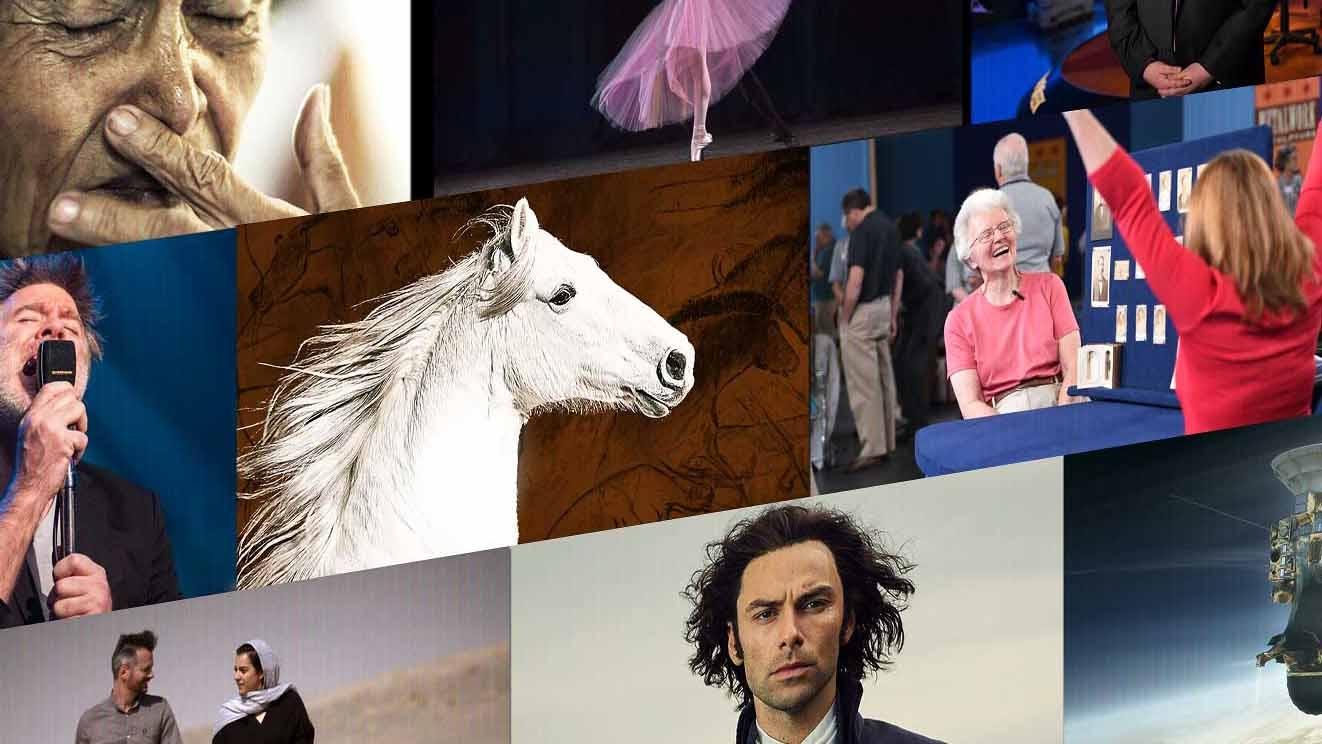
Discover the Impact of PBS
We educate America on topics that matter.
PBS no longer has the rights to distribute the content that had been provided on this page.

We educate America on topics that matter.

Watch local and national programs from anywhere at anytime.

Parenting tips on raising children, planning birthdays & more.

Explore our free digital resources spanning pre-K - 12th grade.
